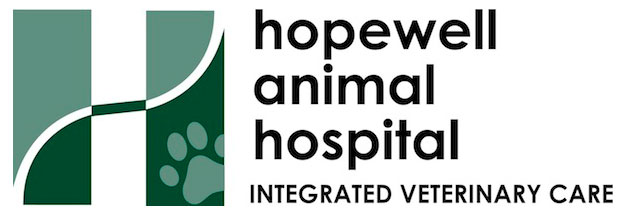Grain Free Diets
 Recently there has been a lot of information in the media concerning grain-free pet foods. There have been articles in the Washington Post and the NY Times, among others, warning about the risks of feeding these foods. We have looked at all the scientific articles available and we have some answers and also lots of questions. Here are the facts that we know:
Recently there has been a lot of information in the media concerning grain-free pet foods. There have been articles in the Washington Post and the NY Times, among others, warning about the risks of feeding these foods. We have looked at all the scientific articles available and we have some answers and also lots of questions. Here are the facts that we know:
In the past few years, there has been an increase in the number of cases of a particular type of heart disease, dilated cardiomyopathy (DCM), diagnosed in dogs, that appears to be linked to diet. A true association has not been proven to exist, however, some pets get better with diet changes and specific supplements.
In July 2018 the FDA began investigating reports of DCM in dogs eating pet foods containing a high proportion of peas, lentils, other legume seeds, and potatoes as main ingredients. The incidence of heart disease was extremely high for breeds of dogs that do not typically get this disease. Recently the FDA updated their reports, however, data from December and January are missing due to the government shutdown. Between January 1, 2014 and November 30,2018, DCM was reported in 325 dogs (of a wide variety of breeds, most being mixed) including 74 deaths. There were also 10 cats reported with 2 deaths. The majority of the foods fed were dry foods, 90% labeled “grain-free”. The diets contained animal proteins including fish, eggs, lamb, or chicken. There was no predominant protein source.
 An analysis of the foods did not differ in makeup from foods containing grains with respect to taurine and other amino acids as well as protein, fat, and fiber. The cardiologists at the University of California School of Veterinary Medicine in Davis, CA have been looking at blood taurine levels in golden retrievers and have found that some of the patients had low blood taurine levels even though the food had adequate taurine. Deficiencies in Taurine have been linked to heart disease since the 1980s, however, this is not the only issue apparently involved with the current rises in DCM. Research is currently ongoing, and is looking at not only outright nutrient deficiencies, but deficiencies caused by possible food interactions or metabolic differences. For a current review of scientific information please see Dr. Lisa Freeman’s article from the Journal of the American Veterinary Medicine Association.
An analysis of the foods did not differ in makeup from foods containing grains with respect to taurine and other amino acids as well as protein, fat, and fiber. The cardiologists at the University of California School of Veterinary Medicine in Davis, CA have been looking at blood taurine levels in golden retrievers and have found that some of the patients had low blood taurine levels even though the food had adequate taurine. Deficiencies in Taurine have been linked to heart disease since the 1980s, however, this is not the only issue apparently involved with the current rises in DCM. Research is currently ongoing, and is looking at not only outright nutrient deficiencies, but deficiencies caused by possible food interactions or metabolic differences. For a current review of scientific information please see Dr. Lisa Freeman’s article from the Journal of the American Veterinary Medicine Association.
What do pet owners need to know?
After looking at both taurine deficient and non-taurine deficient forms of DCM a few key associations were apparent. Many dogs were being fed some variety of Boutique (small manufacturer or limited production runs), Exotic protein ingredients, or Grain-free diets, these are commonly referred to as “BEG” diets.
The current guidelines from the veterinary cardiologists and veterinary nutritionists are:
- Evaluate the diet that you are feeding. If the diet is boutique, has exotic ingredients (such as rabbit, venison, bison etc), or is grain free, you may consider a diet change to one without those properties. At the very least, consider adding a good quality multivitamin, or possibly taurine (you may call us to discuss this).
- If you are concerned about your dog, watch closely for signs of heart disease such as weakness, slowing down on walks, coughing, fainting, or trouble breathing. We may be able to recognize early heart disease.
- If we do diagnose your dog with DCM we may test taurine levels and report to the FDA.
As of now, out of an abundance of caution, we are recommending that our patients not use food that falls into the BEG category. At Hopewell Animal Hospital we have not had any patients with diet-related DCM, but we are very concerned. This food issue is certainly something to take seriously, if you have questions about the right food for your dog (or cats) please contact us.

